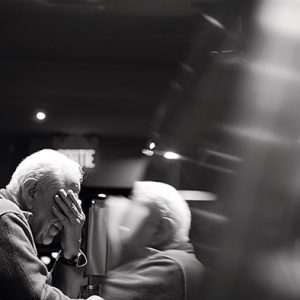Sleep Over: Does Aging Mean The End Of A Good Night’s Sleep?

Sleep Over: Does Aging Mean The End Of A Good Night’s Sleep?
May 23, 2018
Most of us know what it means to have a bad night’s sleep: we feel tired the next day, sometimes groggy and confused and maybe cranky because we’re not well-rested. Loss of sleep can be due to innumerable factors, some of which can affect you at any age, others more common as we get older. For a basic primer and beyond about insomnia, Click Here.
Many of us find ourselves waking up earlier than we’d like. Perhaps you’re just going to bed too early or you’re not on a regular sleep schedule due to retirement and your body hasn’t adjusted to a sleep pattern. Or, perhaps there’s something biological going on, such as decreased levels of melatonin or disruption in your circadian rhythms. For a good examination of some of the reasons your aging body may be sleep-deprived, pull out your blanket and take a look Here.
Are there ways to help you get better sleep? One recent provocative piece in Forbes considers the pros and cons of separate bedrooms in retirement- because if your partner isn’t sleeping then it’s likely you aren’t either. And there are always products coming to market that promise new tech solutions to the age-old problem of lack of sleep. Something new you might want to consider is Smart Nora, a device that slightly moves your pillow to help open up your airways when it detects snoring, a problem that often intensifies with age. The device gets mixed reviews, but if you’re feeling desperate (and sleep-deprived) you may want to check it out.







